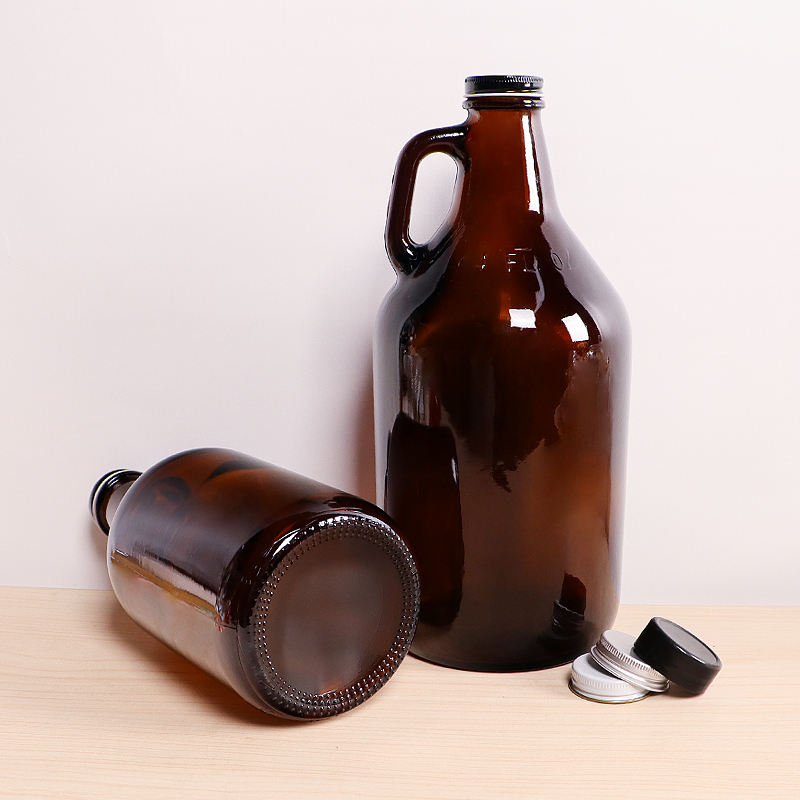The production process for beer glasses varies depending on the material being used. Here are some common production methods for different types of beer glasses:
- Glass: Glass beer glasses are typically made using a process called glassblowing. Molten glass is gathered on the end of a blowpipe, shaped into a ball, and then blown into a mold to create the desired shape. The glass is then annealed (slowly cooled) to relieve any stress in the glass and improve its durability.
- Ceramic: Ceramic beer glasses are made using a process called slipcasting. A liquid clay mixture, or “slip,” is poured into a mold and left to dry. The mold is then removed, and the clay is fired in a kiln to harden it. The ceramic beer glass can then be decorated with glazes or other designs.
- Stainless Steel: Stainless steel beer glasses are made using a process called metal stamping. A sheet of stainless steel is placed into a stamping machine, where a die is used to cut and shape the metal into the desired form. The edges are then welded together to create a seamless vessel.
- Plastic: Plastic beer glasses are made using a process called injection molding. Plastic pellets are melted and injected into a mold to create the desired shape. The plastic beer glasses can then be decorated with labels or other designs.
Overall, the production process for beer glasses involves shaping and forming the material into the desired shape and then finishing it to create a durable, functional, and aesthetically pleasing vessel for enjoying beer.



